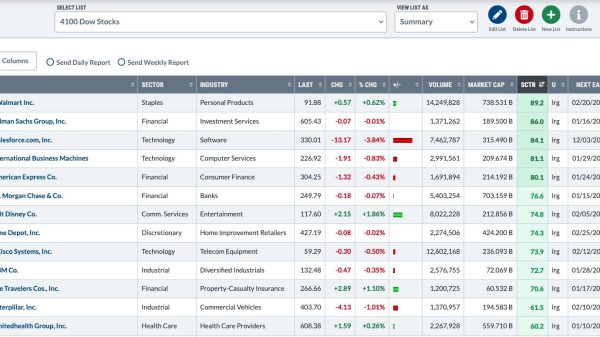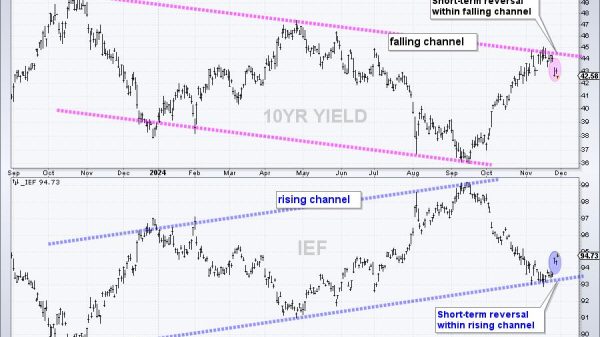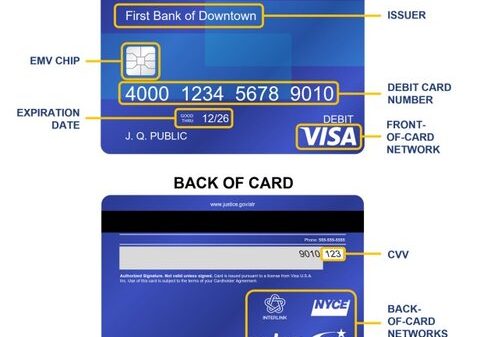In a recent submission to the Australian government’s review of the regulatory framework around AI, Google expressed its belief that publishers should have the ability to opt out of having their works mined by generative artificial intelligence (AI) systems.
The company argues that copyright law should be altered to allow for the scraping of the internet by AI systems. While Google has called for a fair use exception for AI systems in the past, the notion of an opt-out option for publishers is a new argument from the tech giant.
This article explores the implications of Google’s proposal, delving into the challenges it poses to copyright law and the concerns raised by experts in the field. We will also examine the potential impact on content creators, the need for a new approach to copyright exceptions, and the ongoing discussions around compensation for scraped content.
The Need for Opt-Out: Google’s Stance
Google’s submission suggests that copyright systems should enable the training of AI models in Australia using a broad and diverse range of data, while providing a workable opt-out mechanism for entities that prefer their data not to be used in AI systems. The company calls for a discussion on creating a community-developed web standard similar to the robots.txt system, which allows publishers to opt out of parts of their sites being crawled by search engines.
However, Google has not provided specific details on how such an opt-out system would function. In a blog post, the company indicated its desire for a community-led approach to developing the web standard. This proposal aligns with Google’s aim to strike a balance between enabling AI advancements and respecting the rights of content creators.
The Copyright Conundrum
The introduction of generative AI systems raises significant copyright concerns. Dr Kayleen Manwaring, a senior lecturer at UNSW Law and Justice, highlights the challenge of producing useful AI outcomes, which often require millions of data points. This necessity for data can result in the copying of copyrighted material, potentially infringing upon the rights of content creators.
The laws surrounding AI system ingestion vary across different countries, and the notion of an opt-out system challenges traditional copyright practices. Manwaring argues that reproducing copyrighted content without the consent of the owner contradicts established copyright principles, calling for a thorough revamp of the way exceptions work.
Implications for Content Creators
The introduction of an opt-out system could have far-reaching consequences for content creators, particularly smaller entities. Toby Murray, an associate professor at the University of Melbourne’s computing and information systems school, suggests that Google’s proposal places the onus on content creators to specify whether AI systems can access their content. However, existing licensing schemes such as Creative Commons already provide creators with the ability to define how their works can be used.
Murray raises concerns that Google’s proposal may be an attempt to establish norms that exempt other companies from paying for scraped content. This potential shift in the copyright landscape could disproportionately affect smaller content creators, who may struggle to protect their works from infringement by AI training sets.
The Future of Copyright and AI
The ongoing discussions around AI and copyright infringement highlight the need for comprehensive solutions to protect the rights of content creators. Failure to address this issue could lead to the erosion of copyright protections, negatively impacting both powerful entities and smaller content creators alike.
The Australian government has been considering various approaches to address the scraping of content by AI systems. Senator Sarah Henderson has suggested a potential scheme similar to the news media bargaining code, which would require AI companies to pay for scraping sites. The government’s AI regulation consultation and Treasury review of the news media bargaining code aim to inform future policy settings for news media, including potential solutions for compensating content creators.
Google’s proposal for an opt-out system for publishers in the context of AI systems mining works raises important questions about copyright law and the rights of content creators. While the tech giant argues for a fair use exception for AI systems, the implementation of an opt-out mechanism challenges established copyright principles.
The ongoing discussions among policymakers, industry experts, and content creators are crucial in finding a balance between promoting AI advancements and protecting creators’ rights. As the landscape of AI and copyright evolves, it is imperative to establish comprehensive frameworks that support innovation while safeguarding the interests of all stakeholders involved.
Read more:
Google’s Proposal for AI Systems and Publisher Opt-Out: A Copyright Conundrum
























